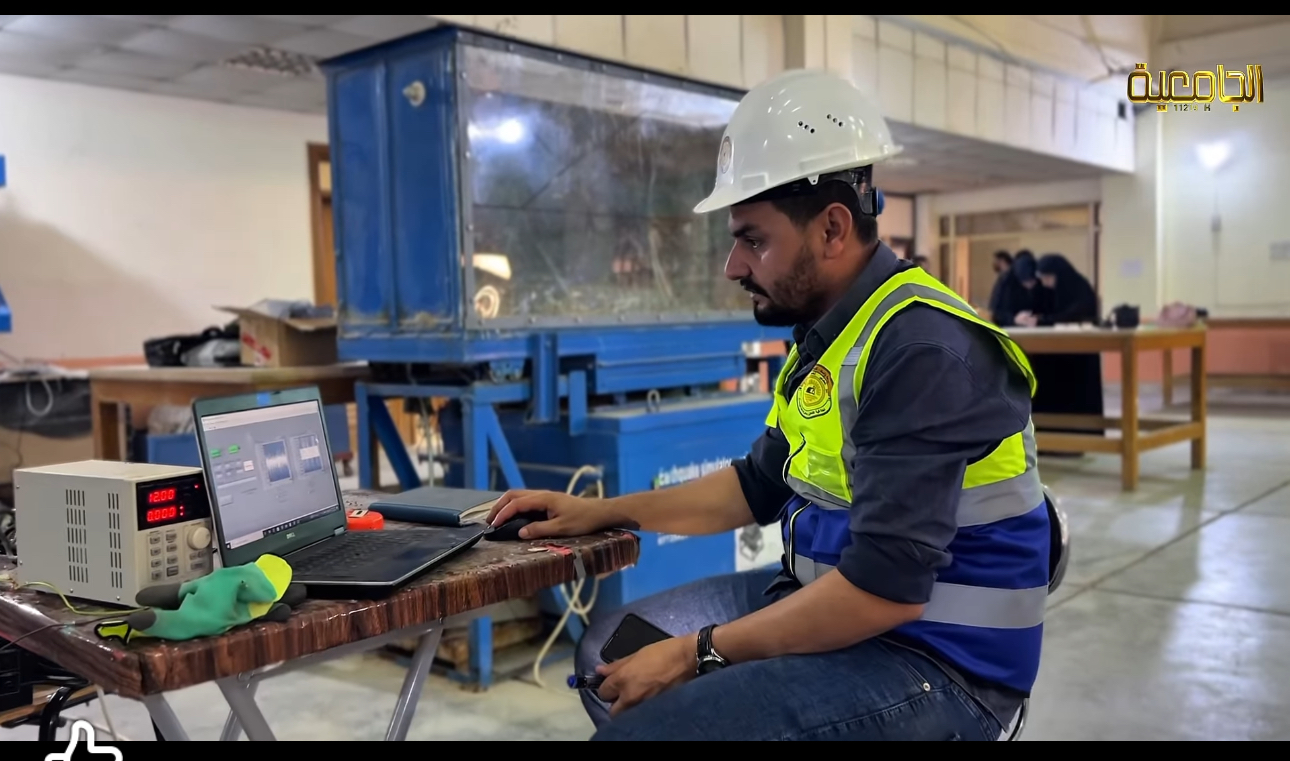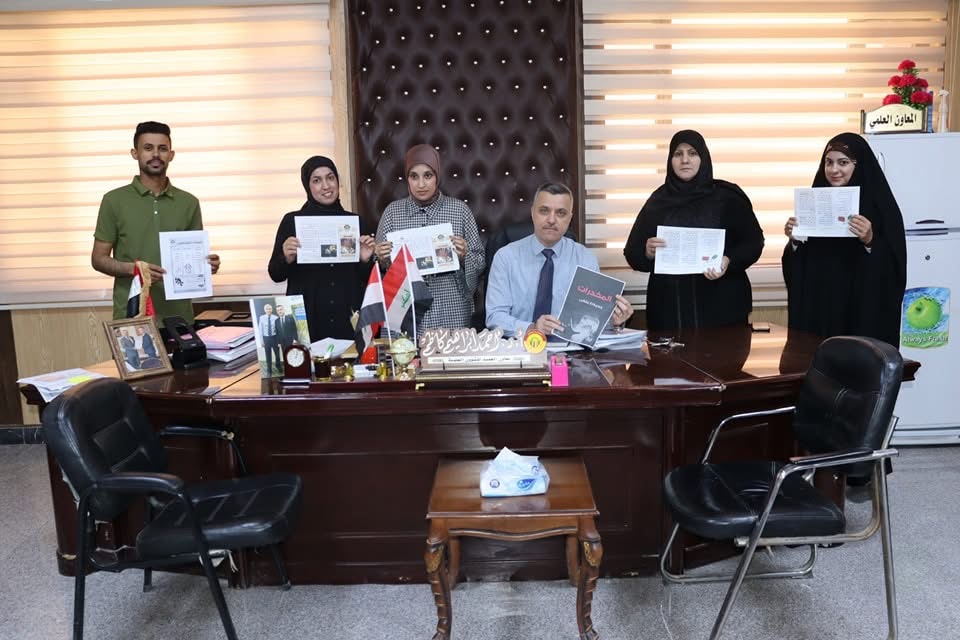Master's thesis at the Faculty of Engineering discusses a practical study on the membrane condensation of R1234 excagiation gas over the fin tubes
A master's thesis at the Faculty of Engineering discusses a practical study on the membrane condensation of R1234 excation gas over the fin tubes. The small-sized condenser of the R134a and R1234yf cooling gas with regular and fin pipes, as well as the required measurement system, is designed and built as part of the laboratory preparation. The results showed that HTC condensation on regular pipes is well in line with the prediction of Nusselt's theory within MAPD 2% for R134a and 2.7% for R1234yf. The results showed that HTC condensation decreases as heat flow increases and HTC's total increases as the average temperature difference increases. The R134a radiator produced a temperature transmission factor higher than R1234yf for a 1.4 mm fin tube. The maximum uncertainty of the heat transmission factor was condensation 20%. The maximum improvement factors were obtained 9.4 times by the 1.4 mm fin fin tube and R1234yf compared to the normal tube and 10 times using R134a cooling material. Compared to rose[1] condensation model on fin pipes, the average percentage of absolute deviation was 36%, and 7.3% compared to murata and Hashizume


72Mazin Abbas AL-Mayyahi, Rahman Al-Madi and 70 other people19 comments I liked
Related









